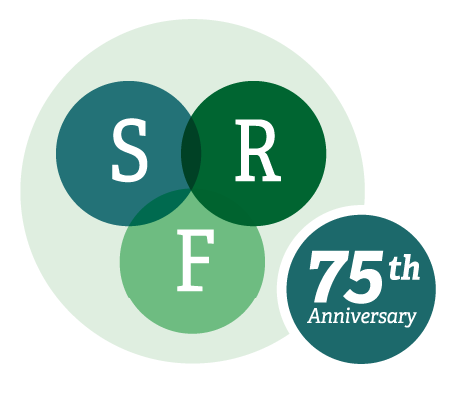By Alexandra Shattock, a third-year PhD student.
Author Biography:
Alex completed her BSc in Biomedical Science at the University of Birmingham and then went on to gain her MSc in Reproduction and Development from the University of Bristol. She is now in the final year of her PhD focused on improving canine assisted reproduction to expedite canine Duchenne Muscular Dystrophy (DMD) translational research, at the Royal Veterinary College.
Completing a PhD can be a challenging time in anyone’s career and a time when you are committed to a job and location for up to 4 years (UK). Here is a compilation of advice for navigating the transition from BSc/MSc to a PhD from a third-year PhD student. Disclaimer: every PhD is very different; this is just one experience of a UK lab-based PhD.
Gaining experience before a PhD:
A useful tip, mainly for lab-based PhDs, is not to dismiss the usefulness of 4-6 week lab projects that your university may offer over summer periods or for your dissertation during your BSc/MSc. In these projects, you’ll usually work closely alongside a PhD student or be taught techniques by a supervisor in a much more hands-on way than you will usually get during a PhD, especially generic lab skills such as pipetting or tissue culture that will be invaluable to you during a PhD. You can also gain insight into how different lab groups function; and start to work out what type of supervisor-student relationship you’d work best with. I didn’t realise how useful the skills and techniques I’d learnt during these projects would be until I needed to use one of these techniques during my PhD that no-one in my immediate group had experience with.
Choosing a project:
As every PhD is different, it can also be challenging to work out if a particular project is for you. Finding a suitable PhD project is a very personal choice based on what career path you want to go into. If your goal is to work in a niche field, you may prioritise a PhD based on the relevance of the project title. On the other hand, if you’re wanting to leave academia and head into industry, you may prioritise the skills that you will gain during the project (e.g., learning a range of lab techniques, or learning a specific technique that is highly regarded in industry/other fields, such as bioinformatics).
Another important thing to consider is whether you will fit in well with your primary supervisor’s style of supervision, and with the existing team. I’m a firm believer that your colleagues make or break a job, and a PhD is, at the end of the day, a job. This is obviously very difficult to assess before starting the PhD, but is something that you can try to gauge by asking questions in the interview. A colleague of mine asked in their interview if they could contact any current members of the group to gauge whether they would fit for both the existing team and supervisor. I think this is a fantastic way to work out how well you’ll fit into a group before committing to a move.
Skills to acquire during your PhD:
Another skill I didn’t realise could be so important during a PhD is networking and asking for help, particularly asking for help from academics that are outside of your research group. I’ve always been quite bad at this, but it’s been a skill that I’ve had to work on during my PhD, as it is an essential path to learning new techniques and skills. I’ve also found that most academics, regardless of how senior and/or scary they may seem, are very happy to collaborate and to share their expertise in the field with people that want to learn. A great example of this is SRF’s mentoring scheme, where a range of senior academics have offered their time and expertise to any SRF member that would like advice on how to advance their career (see the mentoring page for more information: https://srf-reproduction.org/srf-mentoring-scheme/ ).
A final note:
On a final piece of personal advice, try not to link your self-worth with your PhD. I’ve found this instrumental in reducing the pressure I put on myself and being able to pick myself up again when something in the lab doesn’t work.

